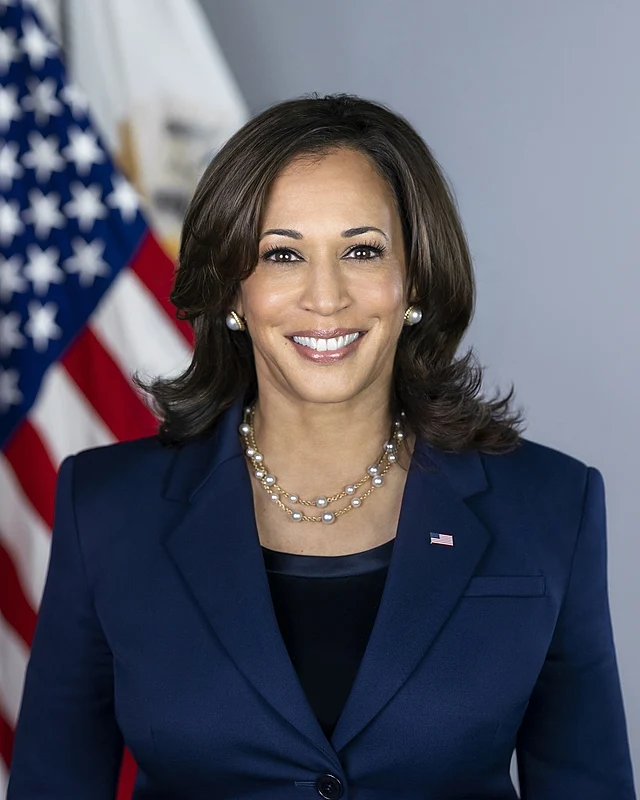College has not yet divested fully from fossil fuel investments, despite promising to do so by the end of March.
Last year, this newspaper revealed that College maintained at least €8 million invested in companies directly involved in fossil fuel activities.
In an email statement to The University Times this week, Trinity Media Relations Officer Thomas Deane said that of the two equity funds owned by College, one has already been moved to Irish Life Investment Management’s (ILIM) new “climate-conscious” fund with the other “due to be transitioned by the end of April”.
College originally pledged to divest in 2016 following a campaign by the Fossil Free TCD group.
According to February minutes from the Finance Committee, the Endowment Fund exceeded €250 million for the first time in its history, “having doubled in value over the last 10 years”.
The minutes also revealed that 90 per cent of the increase has arisen “from investment performance” rather than stock additions.
In an email statement to The University Times in December concerning the transition to the new fund, Trinity Media Relations Officer Catherine O’Mahony said: “Following review and engagement with Irish Life Investment Managers earlier this year, at its meeting in September 2021, the Investment Committee made a decision to move its equity holding from the current MSCI World ex-Fossil Fuel ex-Tobacco Index to a newly developed proprietary ILIM Climate Conscious Fund Index which will materially enhance the climate risk and sustainability profile of the Endowment Fund.”
“The new index provides enhanced reduction in carbon intensity, carbon risk-rating and severe ESG exposure and an increased allocation to carbon solutions and contains no oil and gas production or energy generation companies”, O’Mahony said.
“ILIM is presently working on construction of the index and there is ongoing engagement between Trinity and ILIM during the transition process. It is expected that the transition will be completed in Q1 2022.”
When College divested of fossil-fuel reserves in 2017, it invested in a portfolio of companies that were brought together under “the most common type of ESG / Sustainable Index at the time”.
“This was an exclusionary-type index which removed certain securities based on their involvement in certain industries (fossil fuel reserves and tobacco). The current index in which the Endowment Fund is invested is an example of this first-generation exclusionary style index”, O’Mahony said.
ESG ratings, or Environmental, Social and Governance, is a measure of how products or services contribute to sustainable development.
College’s Investment Committee subsequently decided to move its equity holding from the MSCI World ex-Fossil Fuel ex-Tobacco Index to the new Irish Life Climate Conscious Fund Index.
“The new index provides enhanced reduction in carbon intensity, carbon risk-rating and severe ESG exposure and an increased allocation to carbon solutions and contains no oil and gas production or energy generation companies”, O’Mahony said.
“The area of ESG and ethical investing is a complex and dynamic one and will be subject to regular review by the University. The Provost is planning to bring a group together around ethical investment to discuss this more broadly in the coming month.”
Investments in companies with direct fossil fuel activities represented approximately 3.6 per cent of the total Endowment Fund, according to the contents of College’s endowment fund, which was obtained by The University Times under the Freedom of Information Act.






